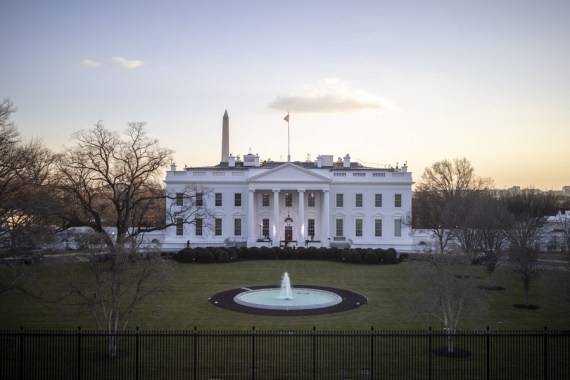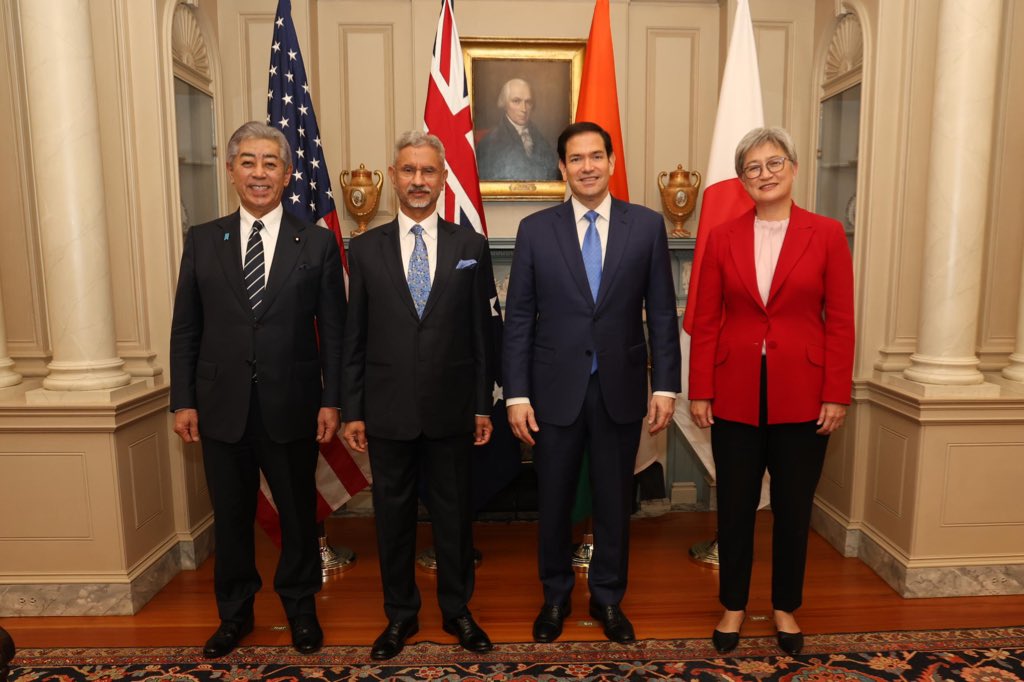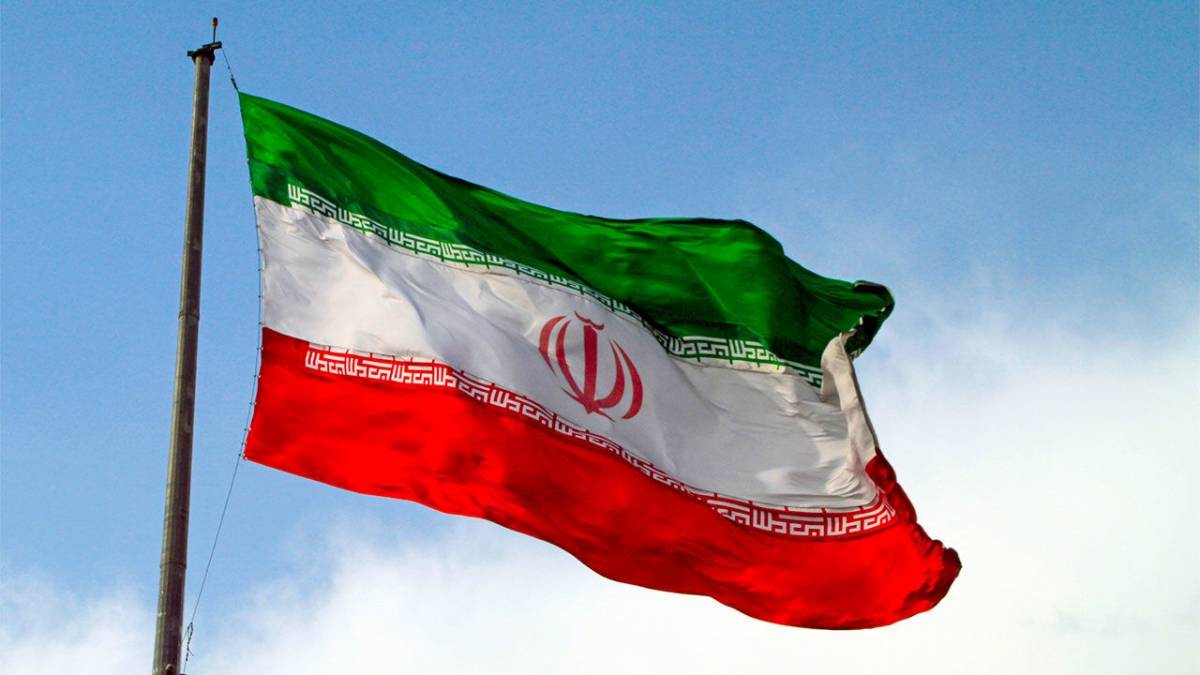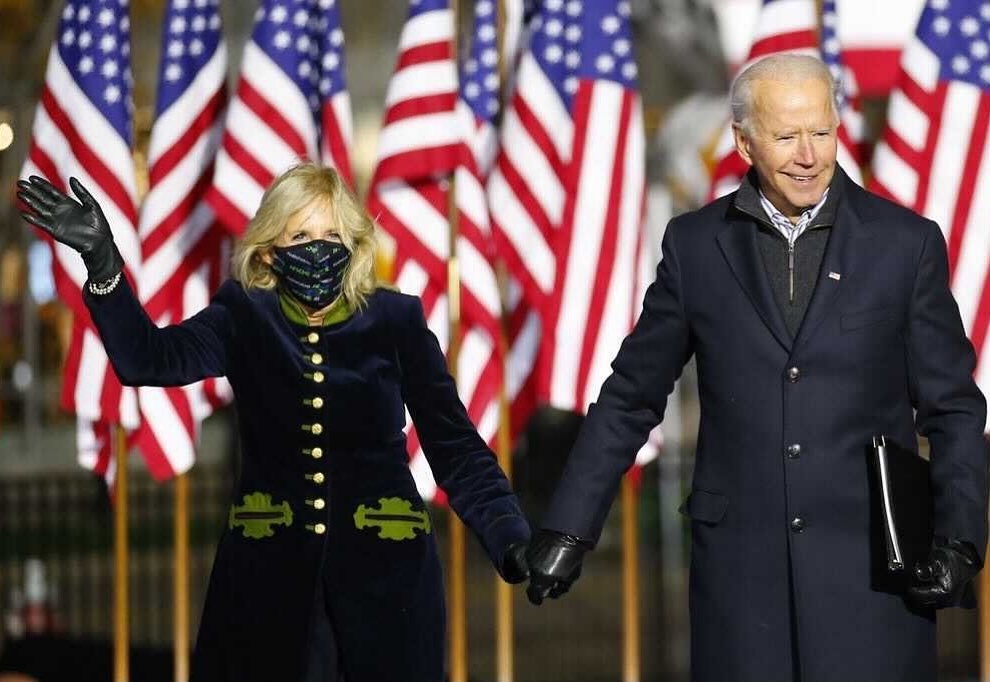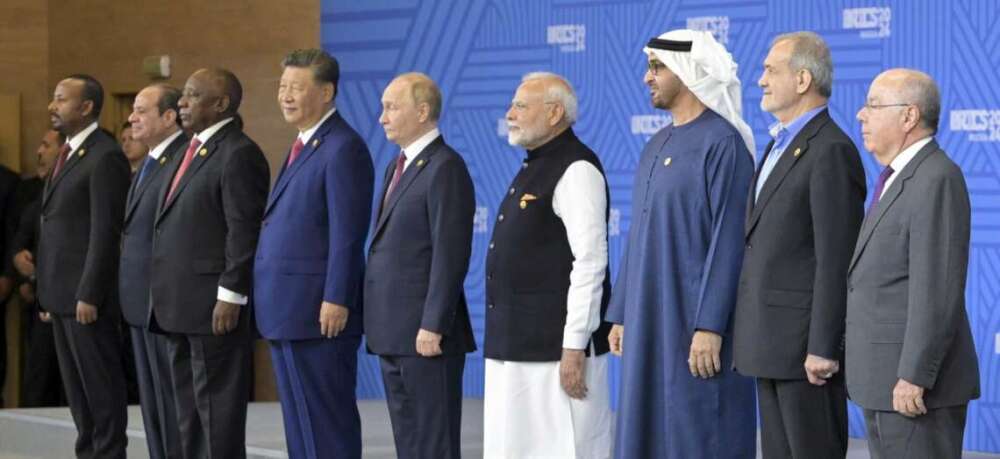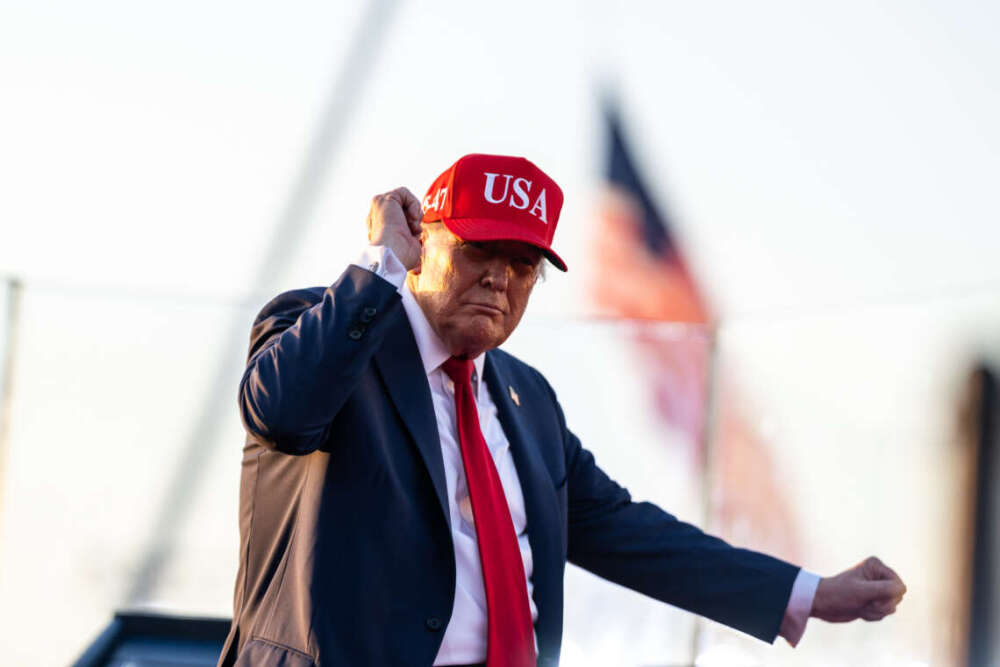Those risks include the Chinese government’s ability to gain access to data that foreign companies store in Hong Kong…reports Asian Lite News
The US will warn American companies this week of the increasing risks of operating in Hong Kong, three people familiar with the matter said, as Washington seeks to ramp up pressure over Beijing’s crackdown on the financial center.
Those risks include the Chinese government’s ability to gain access to data that foreign companies store in Hong Kong, two of the people confirmed. The warning, first reported by the Financial Times, will come in the form of a business advisory, the people said.
Such an alert from President Joe Biden’s administration would underscore how Washington’s concerns about the former British colony have escalated since Beijing launched a crackdown on local democracy demonstrations in 2019.
A fourth U.S. official cited the territory’s national security measure, passed last year, as undermining the rule of law, which has allowed the business community to prosper in Hong Kong. U.S. officials argue the law has weakened the boundaries between China and Hong Kong, which has been run as a “Special Administrative Region” with a separate governing and economic system since the British handover of the colony in 1997.
The U.S. is also concerned with a new law that allows Beijing to retaliate against anyone complying with anti-China sanctions, the people said. The White House declined to comment on the matter.
The business advisory warning from the U.S. would follow a Trump administration decision last year to roll back special trade privileges granted to Hong Kong in recognition of China’s promise to ensure a “high degree of autonomy” for the city from Beijing.
U.S.-China ties were already strained over issues including tariffs and the origin of the Covid-19 pandemic when Biden took office in January. Relations have only become more strained since then, and while Biden has met in person with counterparts from across Europe, Russia, Japan and South Korea, he and Chinese President Xi Jinping have yet to meet.
The U.S. president is expected to take part on Friday in a virtual meeting of the Asia-Pacific Economic Cooperation forum, whose members include China. Later this month, Deputy Secretary of State Wendy Sherman plans to travel to Beijing, according to two people familiar with her plans. Biden and Xi could meet in person during a Group of 20 gathering in Rome in late October.
Despite the eroding ties between the world’s two biggest economies, trade between the U.S. and China has continued apace, fueled by consumer spending in the recovery from the pandemic.
Chinese data show the nation’s merchandise exports to the U.S. are running at a record-high pace so far this year, while U.S. figures indicate a rate well above 2020 but below prior years. Meanwhile U.S. shipments to China are running at or near record levels.
Responding to the reports on Tuesday, China’s Foreign Ministry reaffirmed its opposition to what it views as U.S. interference in Hong Kong’s affairs. Ministry spokesman Zhao Lijian told reporters that the city had been more stable under the security law.
Those remarks came before the U.S. updated its business advisory cautioning U.S. companies on the risks of supply chain links to the Xinjiang region, where China has been accused of a wide range of human rights abuses against Uyghurs.
“The United States will continue to promote accountability for the PRC’s atrocities and other abuses through a whole-of-government effort and in close coordination with the private sector and our allies and partners,” Secretary of State Antony Blinken said in a statement, referring to the People’s Republic of China.
Adding to the mounting tensions, China on Tuesday denounced Treasury Secretary Janet Yellen’s appeal for a “united front” against China.
In a visit to Brussels earlier this week, Yellen hearkened back to the partnership and “rules-based international order” constructed after World War II — before calling out three countries she said imperiled that order.
“Together, we need to counter threats to the principles of openness, fair competition, transparency and accountability,” Yellen said in remarks she’s scheduled to deliver to EU finance ministers Monday.
“These challenges include China’s unfair economic practices, malign behavior, and human rights abuses; the Lukashenko regime’s ongoing abuses in Belarus; and Russia’s continued and growing malign behavior,” she said in some of her most pointed criticisms to date of Moscow and Beijing.
“China strongly deplores and rejects Treasury Secretary Yellen’s remarks,” Zhao said Tuesday at a regular press briefing in Beijing.
The latest developments occurred as White House officials discuss proposals for a digital trade agreement covering Indo-Pacific economies, according to people familiar with the plans.
Details of the potential trade agreement — part of a Biden administration effort to check China’s influence in the region — are still being drafted, but the pact could potentially include countries such as Australia, Canada, Chile, Japan, Malaysia, New Zealand and Singapore, according to one of the people, who asked not to be identified because the process isn’t public.


